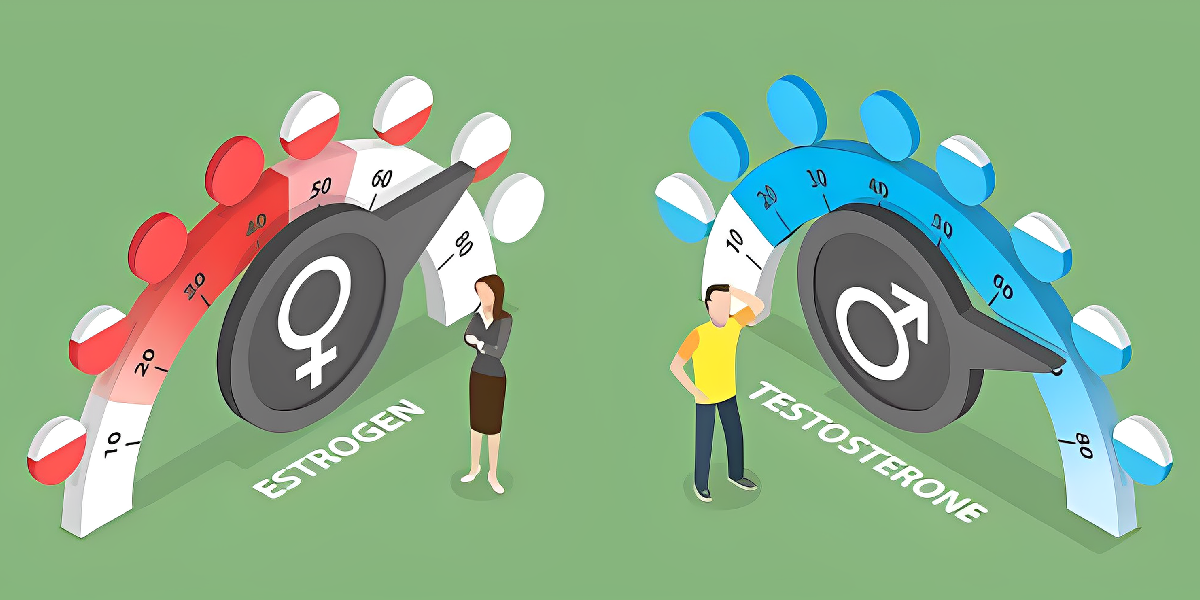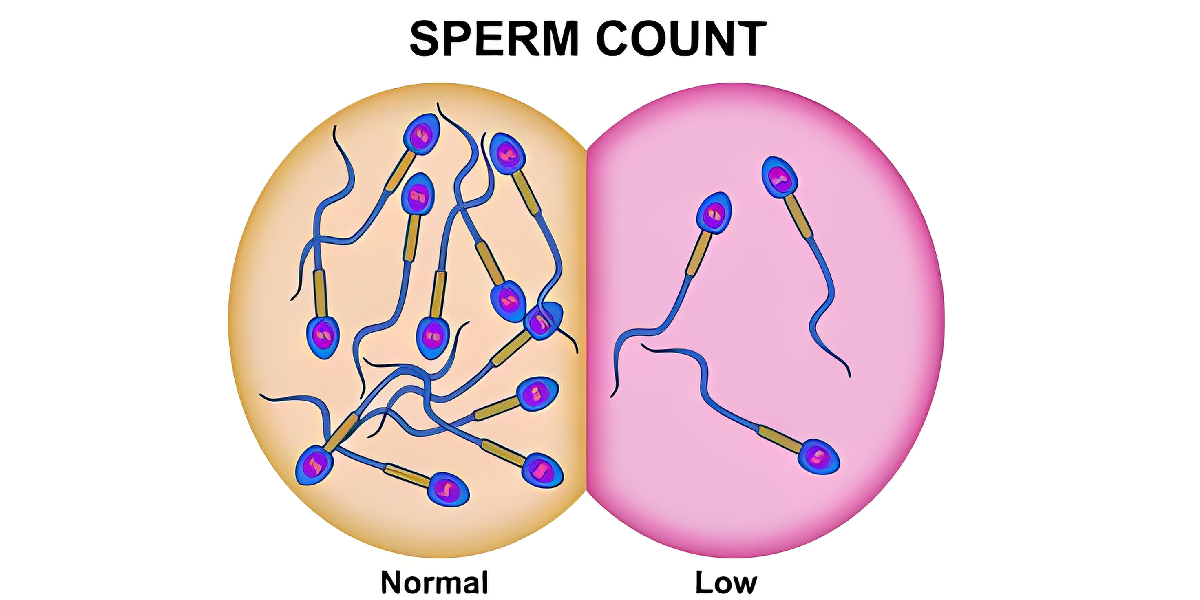© Copyright 2018. All Rights Reserved.
Getting started
The effects of diabetes on blood sugar levels are well known. Globally, millions of people suffer from diabetes. In addition to affecting metabolism, it also affects reproductive health significantly. This detailed article will explore the intricate ways in which diabetes can affect both men and women as they approach parenthood.
The relationship between diabetes and reproductive health:
1.Reproductive health and diabetes in women
A woman's reproductive health can be profoundly affected by diabetes. An overview of its impacts is provided below:
-
A woman's menstrual irregularities include:
In cases of uncontrolled diabetes, hormonal imbalances can result in irregular menstruation. Women may have difficulties conceiving if their hormonal patterns are disrupted, negatively affecting ovulation.
-
An ovarian condition known as polycystic ovarian syndrome (PCOS):
There is a significant correlation between diabetes and PCOS. In addition to irregular periods and anovulation, women with diabetes are more likely to develop PCOS, a condition associated with potential fertility problems.

-
Increasing risk of miscarriage:
During conception and early pregnancy, poorly controlled diabetes may increase the risk of miscarriage. In order to ensure a healthy pregnancy, it is crucial to maintain optimal blood sugar levels.
-
A woman who has gestational diabetes:
During pregnancy, women with diabetes are more likely to develop gestational diabetes, which can have adverse health effects on both mother and fetus. In order to mitigate potential complications during pregnancy, blood sugar levels must be monitored and managed.

During pregnancy, diabetes (gestational diabetes) increases the risk of complications such as preterm labor, preeclampsia, and cesarean delivery. An uncontrolled blood sugar level can hinder fetal development and increase the likelihood of birth injuries resulting from macrosomia (large birth weight).
2. The impact of diabetes on the reproductive system of men
Even though its effects on male reproductive health are less discussed, diabetes can also affect male reproductive health:
-
Disfunction of the erectile organ (ED):
A man with diabetes is prone to erectile dysfunction due to damage to his blood vessels and nerves caused by diabetes. Reproductive health and sexual health may be adversely affected by this factor.
-
Having low testosterone levels:

Low testosterone levels in men have been linked with diabetes, which affect sperm production and reproductive health in the long run. There is a possibility that testosterone deficiency can be a contributing factor to fertility problems.
-
The quality of the sperm has been reduced:
It is possible for men with diabetes to suffer from diminished sperm quality, which includes factors such as sperm count, motility, and morphology of the sperm. The success of conception can be impacted by these factors.

-
An ejaculation that is delayed:
Ejaculation can be delayed when nerve damage is present in diabetes, which can affect whether and when a woman is able to become pregnant. In light of this, comprehensive management strategies are essential.
Management of diabetes and precautionary measures
-
The following tips will help you maintain a healthy blood sugar level:
Consistently maintaining optimal blood sugar levels is key to mitigating the effects of diabetes on reproductive health. A regular monitoring program, proper medication adherence, and a healthy lifestyle are all necessary for this to happen.

-
Lifestyle choices that promote health:
For individuals with diabetes who seek to maintain their reproductive health, adopting a healthy lifestyle is imperative. In addition, you should maintain a balanced diet, practice regular physical activity, and manage stress well.

-
Healthcare Professionals Consulting:
A healthcare professional, such as an endocrinologist or reproductive specialist, should be consulted before trying to conceive if one has diabetes. Optimizing fertility and health outcomes can be accomplished with customized advice and comprehensive treatment plans.

A final thought
It is important to recognize that diabetes and reproductive health are complex and multifaceted connections. Diabetes poses a number of challenges to both men and women during pregnancy and on their path to parenthood, but both can navigate these challenges by understanding and applying proactive management strategies. If you want to start a family and are managing diabetes, you should understand the intricate relationship between these two conditions. Men and women should prioritize comprehensive diabetes management strategies as a means of mitigating fertility effects and ensuring optimal reproductive health.
In order to manage diabetes properly and preserve reproductive well-being, it is essential to seek the advice of healthcare professionals, maintain good glycemic control, and adopt a healthy lifestyle.

The holistic approach emphasizes the importance of holistic health management in achieving reproductive well-being, thereby ensuring diabetics do not undermine their dreams of starting a family.
Recent Post
-

Intrauterine insemination (IUI) Success Tips: Enhance Your Fertility
-

The Connection Between HCG Hormone and Pregnancy: Explained in detail
-

Conquering Asthenozoospermia: Strategies for Male Fertility Success
-

Embracing Sensuality with Vaginismus: Strategies and Support
-

Understanding Endometriosis: Symptoms, Causes & Management | Guide





